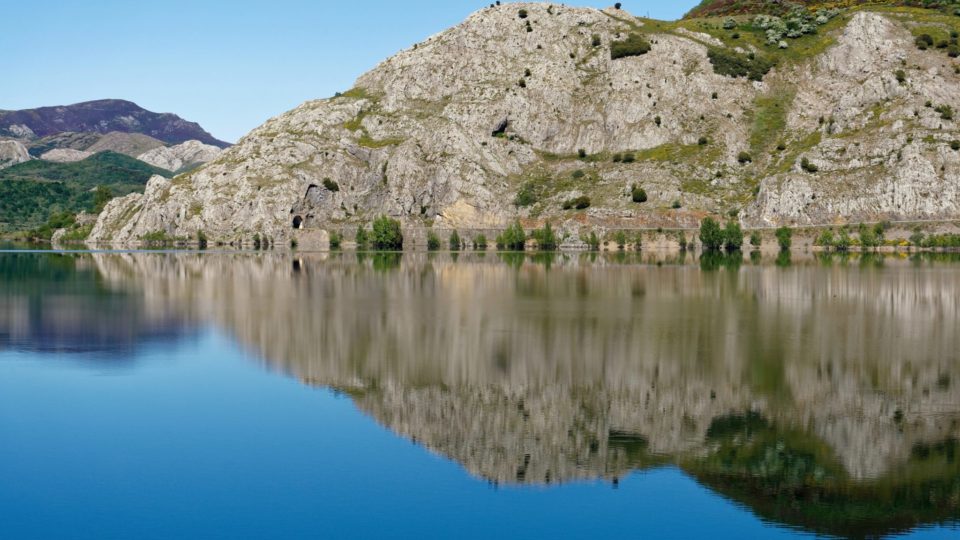The Fundación Global Nature is an innovation organisation dedicated to the protection of nature and promotion of sustainable development and based in Spain. Fundación Global Nature has recently joined the Wetlands International – European Association as a new member. Here, Eduardo de Miguel Beascoechea, Chief Executive Officer, tells us about the work they do and the policies they are driving forward:
How does Fundación Global Nature combine innovation with conservation?
Fundación Global Nature was born in 1993 as a private entity at national level with an educational and charitable mission. Throughout these 26 years of experience we have built three pillars on which to base our strategy for sustainability and conservation and enhancement of biodiversity: 1) agrifood sustainability, 2) corporate sustainability and 3) species and habitats conservation. In our strategy, wetlands are the cornerstone for preserving biodiversity in the long term.
Fundación Global Nature implements its strategy through European projects such as AgriAdapt and LIFE Paludicola, and in cooperation with pioneer companies in the agrifood sector. We have developed tools and methodologies ranging from assessment of climate risks to improvement of nature management at farm level. For each measure we have established indicators and protocols of verification to ensure their transferability to the market. After we identified critical aspects of sustainability along the supply chain of agricultural products and developed sustainable sourcing protocols with processors and farmers, we implemented sustainable sourcing programmes for various products and raw materials.
Can you describe the impact of your programmes on natural wetlands?
Since our early days, the restoration and management of wetlands has been one of our main lines of action. Our activities have directly favoured over 110 wetlands, with a total surface area of over 14,700 hectares. We did start restoring a wetland called the “Sea of Fields” (Mar de Campos), a steppe lagoon that reached an area of 2,200 hectares and that in 1968 was dried. Currently this wetland is called “La Nava” (Palencia), it is a Ramsar designated wetland, and 307 hectares have been restored. We have invested approximately € 18 million in wetlands conservation and restoration not only in Spanish wetlands, also in other EU countries and through cooperation projects in Colombia, Filipinas, Guatemala, Mozambique, Paraguay, República Dominicana, Senegal and Sri Lanka.
Fundación Global Nature has been involved in many field work activities and applied projects. How can EU policy-makers benefit from your experience?
Our strategy for sustainability, conservation and enhancement of biodiversity and decades of working experience in the field and have led us to stepwise achieve:
- Sustainable agricultural systems, whose biodiversity, breeds, and native varieties are better preserved.
- An agrifood industry with less environmental impact that works responsibly, concertedly and with a shared responsibility along the whole supply chain.
- More efficiency in mitigation and adaptation to climate change of farms and better resilience to its impacts.
- A sustainable management of natural resources in wetlands to ensure their conservation in the long term.
- Stimulate the development of new technologies and innovative development models in conservation and use of natural heritage.
Fundación Global Nature transfers the acquired experience-based knowledge through technical meetings with decision makers at national and regional administrations, agrifood companies and the European Commission.
What is the origin of the name of your organization?
We understand that Nature has no borders, we see it as a global issue that needs global solutions. That’s why we chose “Global Nature” many years ago.
Why have you become a member of Wetlands International – European Association?
Following the previous answer: to work in a global nature we need to join efforts, to support our results in a network, and Wetland International is the perfect network, with the perfect partners because we all share wetlands as a crucial ecosystem.
Header image © Bruno Pardini on Unsplash

